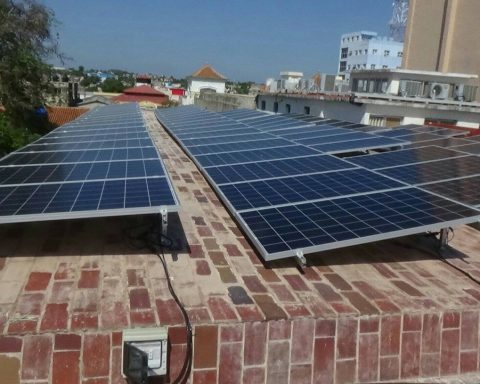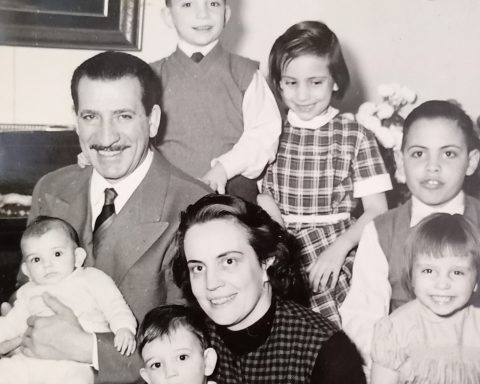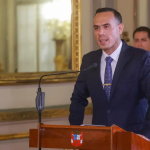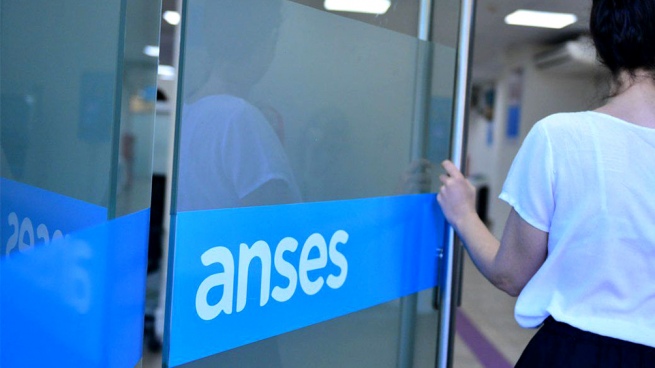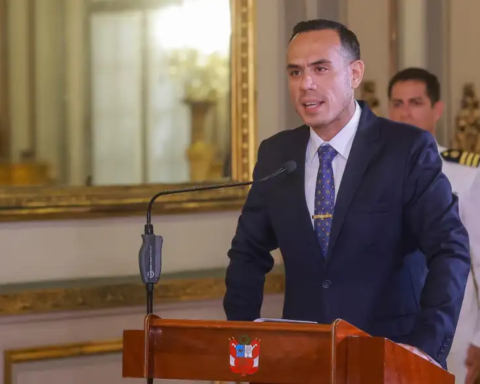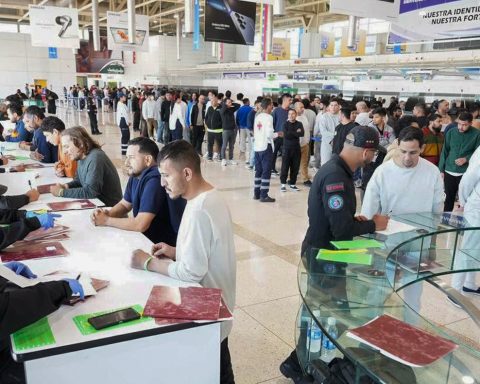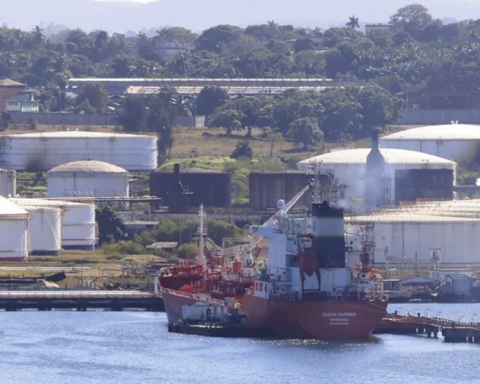The Russian Space Agency (Roscosmos) today suspended cooperation with its European partners in organizing launches from the Kourou base in French Guiana.
The general director of Roscosmos, Dmitri Rogozin, specified on the Telegram social network that the decision responds to the economic sanctions intensified in recent days by the European Union (EU), which affect the development agreed for the proper functioning of this Russian entity. .
Likewise, the manager specified that they will immediately withdraw 87 Russian citizens who are currently in the launch center in French Guiana, which include technical personnel, and the consolidated launch team.
Rogozin detailed that the evacuation of personnel includes employees of the Lavochkin Science and Production Association, who were preparing the Fregat-MT upper stage for the upcoming launch.
Also included are employees of the Progress Space Center (manufacturer of Soyuz rockets) and the Space Infrastructure Facility Operation Center on Earth.
The EU imposed severe financial and technological sectoral restrictions on 64 key Russian entities, including the Progress Rocket and Space Center, under the justification of the recent special military operation carried out by the Russian Army and militias in the region. rebel from Donbass, in southeastern Ukraine.
The military bloc has severely restricted the access of these entities to the capital market and financial services, and prohibited technical assistance and trade with them in military or dual-use products and technologies, as well as equipment for oil extraction in polar latitudes and offshore.
They also included an extensive list of high-tech products, in particular communication systems, electronics, semiconductors, and aviation and space components, the delivery of which to Russia is prohibited.
The Russian-European Soyuz project at the Space Center began in 2003 following the government decision to launch Soyuz vehicles from the European spaceport in French Guiana (a French department in South America).
Within the framework of these decisions, several intergovernmental agreements were signed that laid the legal foundations for the signing of contracts for the construction of the ground infrastructure of the facility.
The first launch of a Soyuz-ST carrier vehicle within the Russian-European cooperation plan took place in October 2011.

